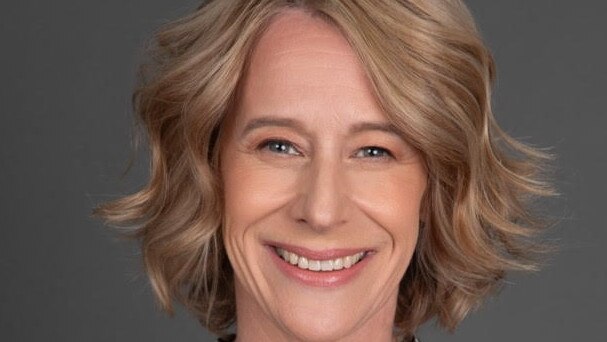Nearly half of women in early stages of media career feel ‘dissatisfied’
Rising levels of dissatisfaction among female workers in the media industry need to be urgently addressed, the latest Women in Media Insight report says.

Nearly half of the women in the early stages of their media career are dissatisfied with their jobs, a new report has found.
The Women in Media Industry Insight Report 2024, released on Monday, shows 47 per cent of women with up to five years experience in the media are dissatisfied an increase of 23 per cent from last year.
The report returned similar results for the more experienced females in the industry — of those with five to 10 years experience, 49 per cent said they hadn’t progressed as hoped.
One year ago, that figure sat at 38 per cent.
The annual report had input from 329 women in the media industry, from a diverse national data sample.
Women in Media’s strategic adviser Petra Buchanan said rising dissatisfaction among female workers in the media industry was a serious problem, and highlighted the challenge that media companies faced to retain highly talented employees.
“Increasing levels of dissatisfaction just put a bullseye on the potential for the industry to be losing talent and if we don’t arrest that we’re going to have a drain of females from the media environment,” she said. “It has to be addressed with urgency.
“(Media companies) need to prioritise those areas that women are calling out.”
Ms Buchanan said managers should focus on nurturing staff as soon as they entered an organisation. “They need to be able to show them where their growth potential is and why they should remain in the company, as well as the sector,” she said.
“It’s around the transparency of where a person goes next and what skills they need.”
The report shows there are four key factors for why people decide to leave or stay in the media industry: pay, pathways to promotion, lack of managerial support, and issues relating to caregiving and household responsibilities.
The report showed 58 per cent of respondents were concerned about being able to secure a satisfactory salary, and this figure had increased by 11 per cent in the past year.
It also found 35 per cent of women intended to leave the media industry, an increase of 6 per cent since 2023, and this included females working at senior and mid-tier levels.
In recent weeks, two of the nation’s largest media organisations — Nine Entertainment and the ABC — have acknowledged claims of sexual harassment and bullying of women in the workplace.
The majority of women surveyed in the report found the media industry’s commitment to gender equality to be weak, with 43 per cent labelling it somewhat weak and 13 per cent saying it was very weak.
“Women are just not buying that the media actually has gender equality on the radar,” Ms Buchanan said.
“If they (media organisations) can start with that commitment and then flow that through the pathways, promotion and upskilling, that will make great inroads in terms of showing where change can be made.”
Ms Buchanan suggested female employees take action if they felt their careers were not progressing or they had other issues relating to their employment.
“I think they can open conversations, people should be able to raise issues as well as the opportunities that they are seeking, so I always encourage women to open the line of conversation,” she said.







To join the conversation, please log in. Don't have an account? Register
Join the conversation, you are commenting as Logout